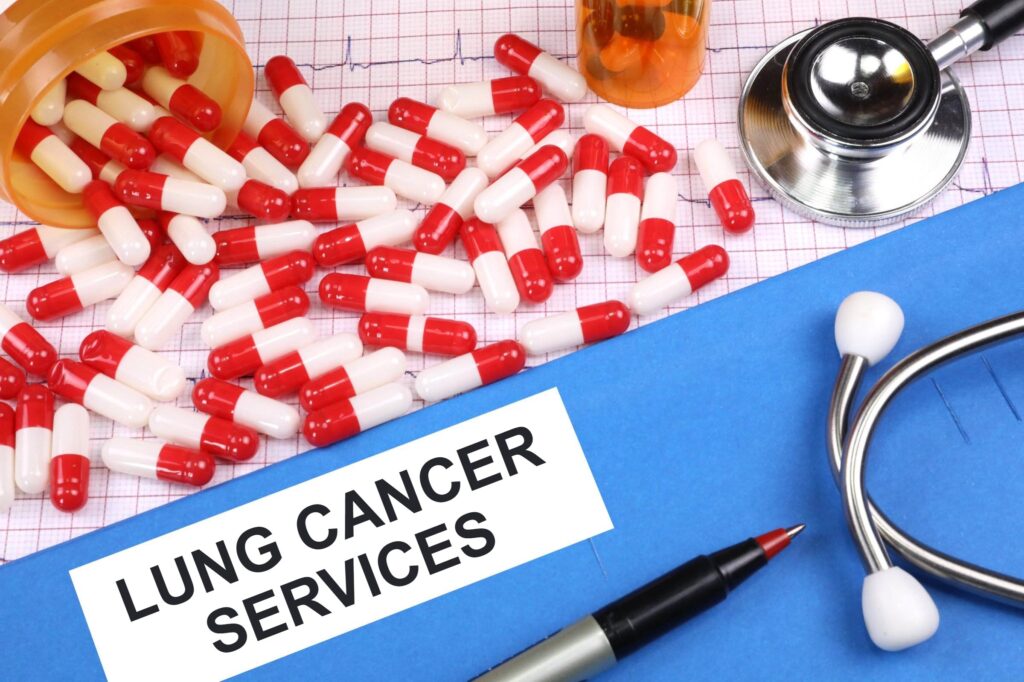Lung cancer care encompasses a broad range of services and strategies to manage the condition and support the well-being of patients and their families. Understanding its components is key to making informed decisions. Let’s explore the key aspects of lung cancer care that enhance patient comfort.
Early Detection and Screening Programs
Early detection and screening programs are integral components of comprehensive cancer care. These programs typically include a range of diagnostic tools such as imaging techniques, blood tests, and molecular screenings. Imaging plays a pivotal role in identifying abnormalities at an asymptomatic stage. Blood tests can detect specific proteins or genetic material associated with certain cancers. Molecular screenings may involve genetic testing to identify inherited mutations that could increase susceptibility to cancer.
Screening programs are often personalized to align with individual risk factors. This may include genetic predisposition, lifestyle choices, and environmental exposures. For instance, individuals with a family history of cancer may undergo more frequent screenings. These tailored approaches aim to enhance monitoring precision and enable the early initiation of evidence-based interventions.
Multidisciplinary Treatment Approaches
Lung cancer care often requires collaboration among various medical specialists, making multidisciplinary treatment approaches a core component. Teams of specialists work together to develop tailored cancer treatment plans. These plans may include surgery, chemotherapy, radiation therapy, immunotherapy, or targeted therapy, depending on the type and stage of the cancer. Oncology services utilize advanced diagnostic tools and technologies to determine the most effective combinations and sequences of treatments. Frequent communication among the team makes sure that each phase of care is well-coordinated and aligned with the patient’s unique needs.
Supportive Care Services
Supportive care services in lung cancer care encompass a comprehensive range of interventions to address the multifaceted needs of patients. Pain and symptom management are key components, focusing on alleviating discomfort caused by cancer or its treatment. Psychological and emotional support is also integral, offering counseling and therapy to help patients cope with anxiety, depression, or other mental health challenges.
Nutritional counseling is often provided to address appetite changes, weight loss, or malnutrition. This helps patients receive adequate nourishment to maintain strength and immunity. Respiratory therapy is key in managing breathing difficulties, optimizing lung function, and reducing fatigue. Palliative care specialists may also offer guidance on medication management, physical rehabilitation, and strategies to improve sleep quality.
Emotional and Psychological Support
Lung cancer care extends beyond physical health. Patients and families often face mental and emotional challenges. Resources for emotional and psychological support are readily available. These resources help offer coping mechanisms for patients to navigate the diagnosis, treatment trajectory, and changes in daily life. Psychologists, counselors, and peer support groups collaborate to provide constructive ways for managing stress and emotional strain. These services are equally intended for the benefit of families, helping them gain insights, advice, and a support network to foster resilience throughout the care process.
Discover Expert Cancer Care Services
Lung cancer care is a comprehensive, multifaceted approach that involves early detection, collaborative treatment strategies, supportive measures, and emotional resources. Each component is designed to work in synergy to address the many dimensions of the condition. Explore expert oncology services today to access advanced screening programs and holistic care plans that meet your unique needs.

